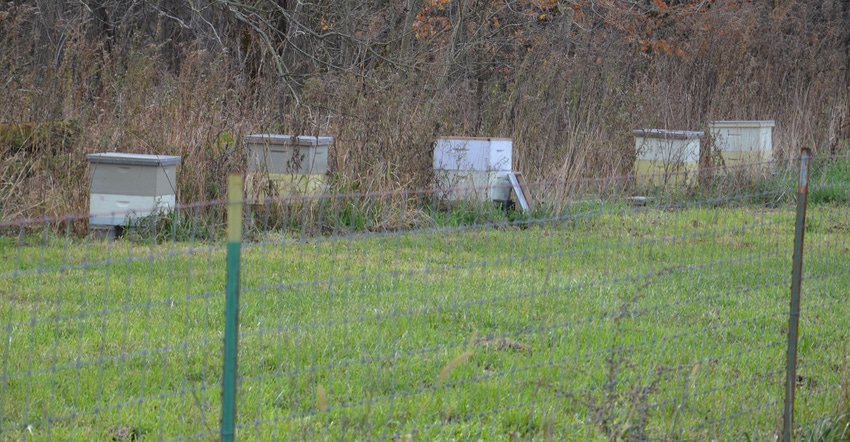
Research at USDA’s Agricultural Research Service and the University of Maryland has scientists rethinking how honey producers could save more bees from honeybee colony collapse. Microscopic images indicate scientists misjudged for decades how varroa mites destroy honeybees. The researchers who made this discovery consider varroa mites the greatest-single driver of honeybee colony losses.
That might come as news to some outspoken environmental groups and researchers who believe neonicotinoid pesticides, typically used as seed treatments, are the biggest threat to bees. If the ARS and University of Maryland researchers are right, the whole situation regarding colony collapse may become clearer soon. Their work could lead to more effective pesticides and other treatments to help bees cope with varroa mites, which are known to spread at least five viruses.
For decades scientists believed varroa mites fed on bees’ “blood,” known as hemolymph. Imaging and follow-up feeding studies indicate that instead, mites feed on bees’ fat body tissue — an organ like the human liver. These same studies also showed for the first time that mites feed on adult bees, not just larvae or pupae.
Novel mosquito repellent
Half a country away, researchers at the University of Wisconsin-Madison describe the first mosquito-repelling compounds derived from microbes. What repels mosquitoes appears to be extracts from a specific bacterium. The study holds promise for two reasons: Extracts work at significantly lower doses than DEET and picaridin, the current market standards. And they’re effective against mosquito species known to transmit Zika, West Nile, malaria and chikungunya.
The discovery opens a new area for those seeking insect-repelling and insect-killing compounds, notes Susan Paskewitz, a UW-Madison entomologist. However, she’s not ready to put this discovery on her arms and stick them into a net full of mosquitoes just yet. The rub is that it’s not yet been proven safe for use on human skin. Currently, tests with human cell cultures are underway.
Pasture herbicide
The people who developed Milestone for pasture and rangeland are back with the first true innovation for pasture and range weed control since then. Corteva Agricscience, which encompasses what was once Dow AgroSciences, developer of Milestone, unveils DuraCor herbicide for broadleaf weed control in pastures.
The active ingredient, Rinskor, received a 2018 Presidential Green Chemistry Challenge Award. The product features low use rate, low odor and season-long residual control against more than 140 broadleaf weeds. U.S. EPA registration is pending.
Fertilizer blockage sensor
Agco’s Recon SpreadSense product from Intelligent Ag is the industry’s first blockage monitor for boom-type, dry-fertilizer applicators, spokespeople say. Patented acoustic sensors install on the back of each deflector at the end of a tube. The sensors listen to material flow and send pulses through auditory tubes, much like a stethoscope. The pulses are collected and sent to an iPad in the cab. The operator gets an alert if there’s blockage.
The technology received an AE50 award from the American Society of Agricultural and Biological Engineers. Learn more at agcocorp.com.
Super electric motor
Single-Phase Power Solutions introduces what it calls the world’s first 100-hp, single-phase electric motor. It was developed to be compatible with single-phase utility service where three-phase isn’t readily available or cost-effective, spokespeople say. Using trademarked Written-Pole technology, it eliminates the need for phase converters or complex variable-frequency drive installations. Learn more at sppowersolutions.com.
About the Author(s)
You May Also Like




